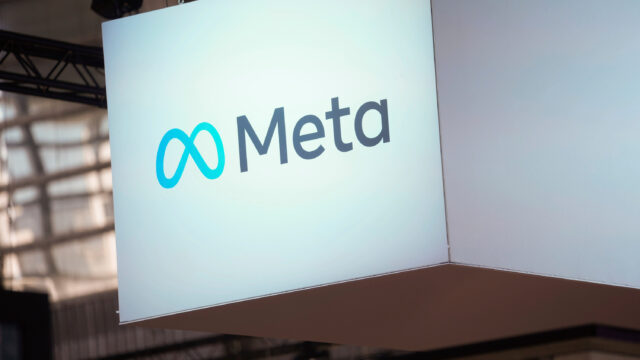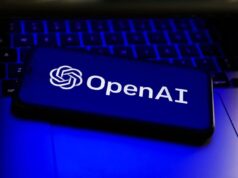
Meta, the tech giant behind Facebook, Instagram, and WhatsApp, appears to be gearing up for a major shift in how it evaluates the privacy and societal risks of its platforms. According to internal company documents, as much as 90% of these crucial assessments—once firmly in the hands of human reviewers—might soon be automated using artificial intelligence. It’s a staggering change, signaling just how serious Meta is about embedding AI deep into its core operations. The goal? To speed up development and get new features out the door faster.
Traditionally, these “privacy and integrity reviews” have been conducted by dedicated human teams. And for good reason. These reviewers assessed whether a product update or new feature might:
- Compromise user privacy
- Harm children or vulnerable users
- Amplify misinformation or toxic content
In the past, nothing made it to Meta’s billions of users without getting cleared by this human layer of scrutiny. If this new direction takes full effect, it marks a decisive move away from that long-standing process.
The Driving Force: Speed and Scale
Meta’s motivation here seems pretty clear: scale faster, move quicker. In the high-stakes race of tech innovation, time is everything. The company wants to eliminate bottlenecks. With AI, product teams could theoretically get an “instant decision” after submitting a standardized questionnaire about their project. Based on that, the AI would flag potential risks and suggest mitigations. That could shave days—if not weeks—off the development cycle.
CEO Mark Zuckerberg has been vocal about AI’s growing role. He recently mentioned that a large portion of Meta’s code would soon be AI-generated. This latest pivot in risk assessment fits neatly into that broader strategy.
Voices of Concern: Human Oversight in Question
But not everyone’s convinced this is a good idea. In fact, some within Meta itself are ringing alarm bells. The concern? That in the rush for speed, safety and accountability could take a hit.
“We provide the human perspective of how things can go wrong,” said one current employee, emphasizing that AI simply can’t replicate the kind of nuance human reviewers bring to the table. “That’s being lost.”
Critics have flagged several serious risks:
- Contextual Blind Spots: AI isn’t great at picking up on sarcasm, cultural nuance, or complex social dynamics. These subtleties are often critical when assessing potential harm.
- Bias Inheritance: Algorithms trained on historical data can replicate the same biases—sometimes even amplify them. That’s a problem in content moderation and risk analysis.
- Defining “Low-Risk”: Meta says human experts will still handle “novel and complex issues.” But what exactly counts as low-risk? Some internal documents suggest that even sensitive areas like youth safety, violent content, and misinformation might fall under AI review. That’s raised eyebrows.
Zvika Krieger, Meta’s former director of responsible innovation, summed it up bluntly: “If you push that too far, inevitably the quality of review and the outcomes are going to suffer.”
The Broader Trend: AI in the Workplace
It’s not just Meta. Across Silicon Valley and beyond, AI is being positioned to reshape workforces. Klarna, for instance, has touted that its AI chatbot does the job of hundreds of customer service agents. Salesforce and Duolingo are also exploring ways to integrate AI into job functions.
While the public narrative often emphasizes AI “augmenting” human work, the reality in many cases seems more about replacement than support.
Auditing the Algorithms: A Critical Need
Meta says it audits decisions made by its automated systems—particularly those not reviewed by humans. In its latest quarterly integrity report, the company noted that large language models are now performing “beyond that of human performance” in select policy areas. For example, AI models are used to flag posts with high confidence of rule compliance, allowing human moderators to focus on trickier cases.
Still, questions remain. Are these audits transparent enough? Are they robust? Without strong oversight, there’s a risk that offensive or dangerous content could slip through, especially in gray areas where AI judgment falters.
It’s worth noting that within the European Union, Meta plans to maintain a more human-led approach to reviews, due to stricter regulatory demands under the Digital Services Act. That in itself underscores the continued need for human judgment—at least in legally sensitive zones.
Meta’s gamble on AI risk assessments may turn out to be a landmark moment—not just for the company, but for the tech world at large. The push for efficiency is understandable. But the stakes here are real. We’re talking about the mechanisms that safeguard user privacy, protect minors, and curb the spread of harmful content.
Whether Meta can strike the right balance between speed and responsibility is the real test. Can AI truly understand the messy, often contradictory nature of human behavior? That’s what the next few years will reveal. And frankly, a lot hangs in the balance.










